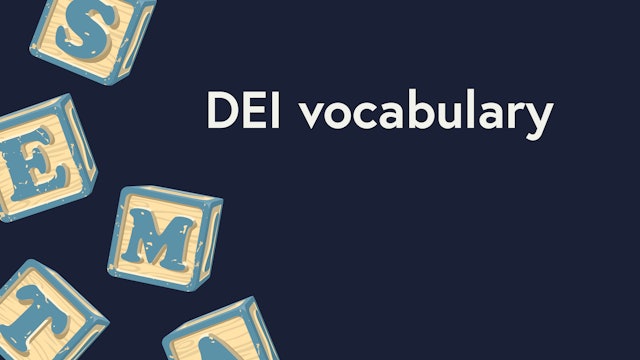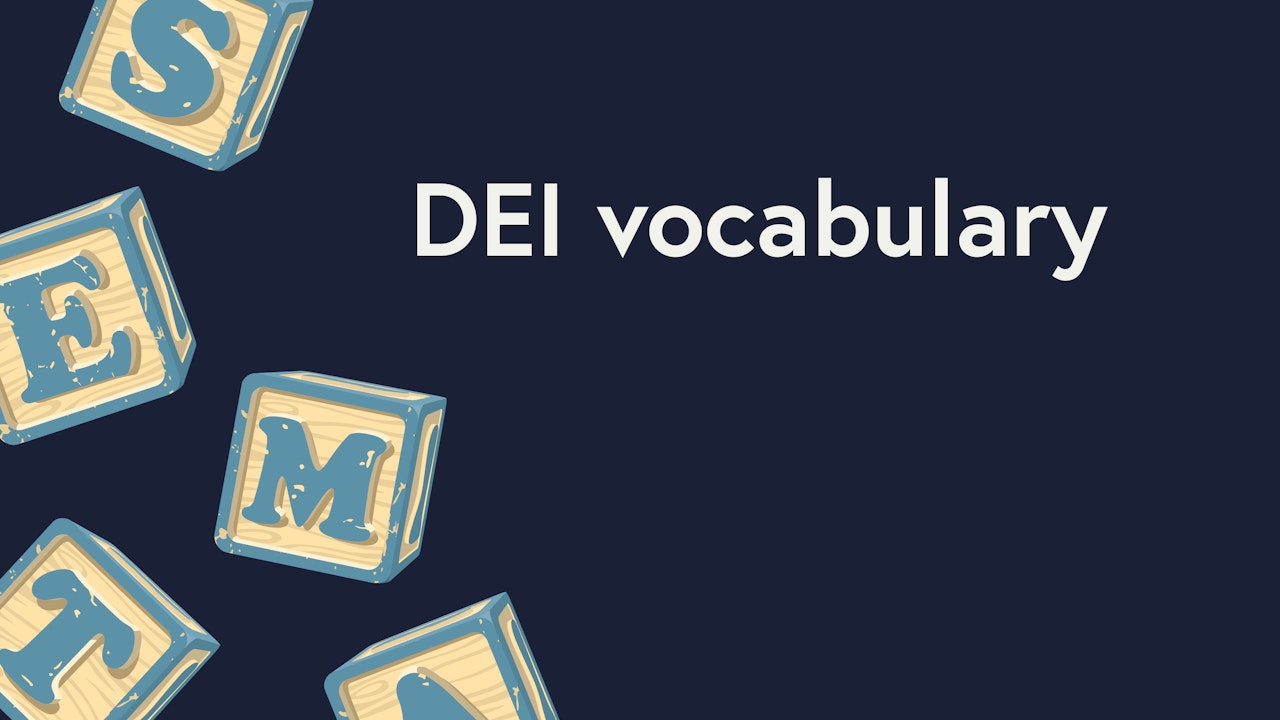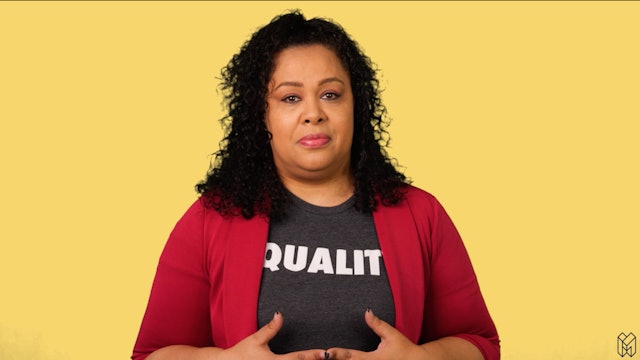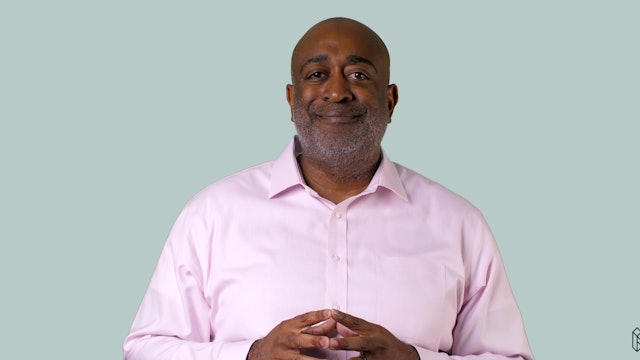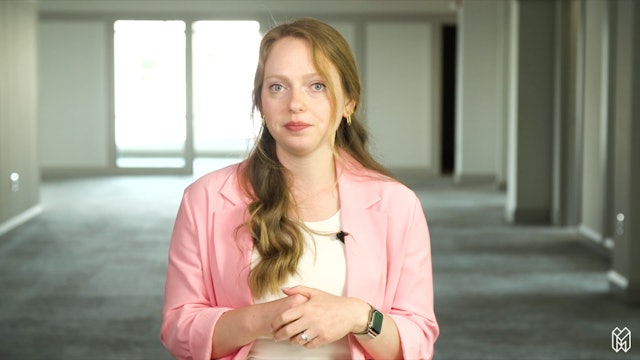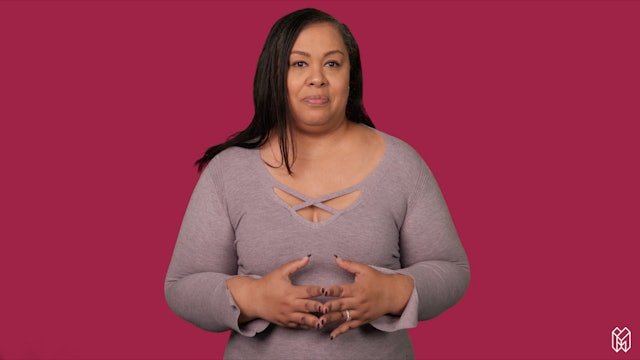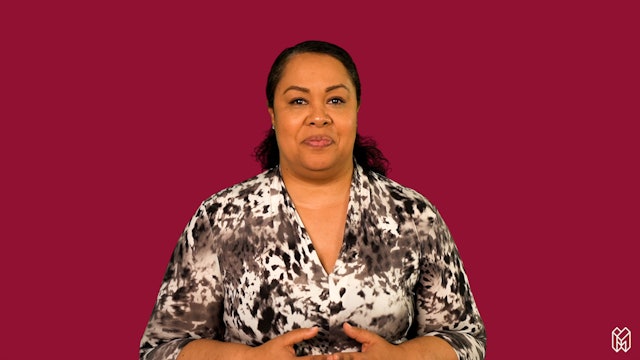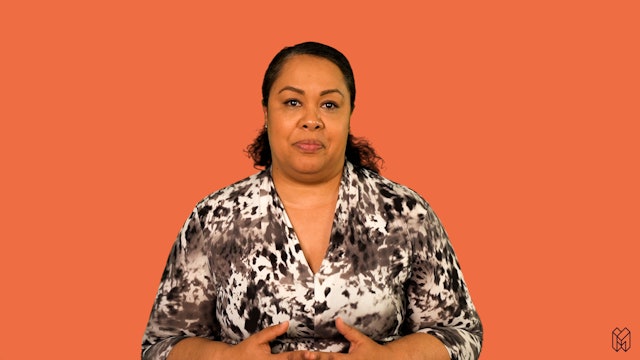-
What is a Protective Hairstyle?
Protective hairstyles were created to protect natural Black hair from the harsh styling sometimes required to conform to social norms of professionalism. Learn how your questions might be offending your coworkers.
-
What are Microaggressions?
Learn what a microaggression is and a few examples of microaggressions different groups of people may experience.
-
What Is Islamophobia?
Gain a deeper understanding of Islamophobia, fear and hatred expressed toward Muslims. Examine the root causes of Islamophobia and its negative impacts on society. Learn to recognize Islamophobia in the workplace and what actions to take to address it.
-
Is Diversity More Than Just a Discussion About Race and Gender?
Other than race and gender, there are many aspects that create an individual's unique identity. Learn what other characteristics are relevant to the DEI conversation.
-
What Is Ramadan?
Ramadan is the ninth and holiest month of the Islamic calendar, featuring prayer, fasting, and community gatherings. It’s important to be mindful of Muslim employees’ changing needs during this time.
-
What is American Sign Language?
Expand your knowledge of what American Sign Language (ASL) is, and how it differs from spoken languages. Confirm how using an ASL interpreter accommodates people who are Deaf or Hard of Hearing and supports effective team communication.
-
What Is Digital Accessibility?
Learn how to make your digital content accessible to people with disabilities. Confirm that the benefits of digital accessibility to your organization go far beyond legal compliance with the Americans with Disabilities Act (ADA).
-
What is Calling Someone In Versus Calling Someone Out?
Calling in and calling out are both effective tools in different scenarios. Learn what each one is and when it is best used.
-
What is Passover?
Explore the basics of Passover, a spring Jewish holiday that celebrates the liberation of Jewish people from slavery in Egypt. Learn what a seder
is, why Jewish people eat matzah during Passover, and how to be inclusive and supportive of your Jewish coworkers. -
What Is Hinduism?
Improve your familiarity with Hinduism the third-largest religion worldwide, with over 1.2 billion followers. Find out more about the Hindu religion’s diverse array of beliefs and cultural traditions. Identify ways for you and your organization to be inclusive of Hindu colleagues and customers.
-
What Does It Mean To Eat Halal?
Muslim people who eat halal follow specific dietary guidelines derived from the Quran. These guidelines include avoiding pork, alcohol, and eating only meat that has been prepared according to Islamic dietary laws.
-
What Is Cultural Appropriation?
Understand the term “cultural appropriation” and how it exploits and harms underrepresented cultures. Explore the important difference between cultural appropriation and cultural appreciation.
-
What is Critical Thinking?
Critical thinking is critiquing one's own thought processes, not critiquing other people, things, or ideas. Understand why so many people misunderstand this concept and how true critical thinking can lead to better societies, workplaces, and relationships.
-
What Does It Mean To Keep Kosher?
Get a quick overview of the Jewish practice of “keeping kosher.” Learn the basic dietary guidelines dating back thousands of years that some Jewish people follow today. Confirm the importance of making kosher food options available in your company cafeteria and at corporate events.
-
What Is Eid al-Fitr?
Eid al-Fitr is a Muslim holiday marking the end of Ramadan. It translates directly to “Feast of Breaking the Fast” and features prayer, sweet treats, gifts and charity, and forgiveness. Muslim employees are likely to take time off during this time.
-
What Is Fatphobia?
Gain a better understanding of fatphobia, discrimination and stigma aimed at people who are overweight or obese. Learn why it’s important to recognize the existence of fatphobia and take it just as seriously as any other form of workplace discrimination.
-
Why is Columbus Day Called Indigenous Peoples’ Day?
Get a helpful overview of Indigenous Peoples’ Day. Explore why a growing number of states, companies, and individuals are now choosing to observe this holiday instead of Columbus Day. Consider ways to honor, respect, and support the Native American community.
-
What Is Emotional Labor?
Emotional labor refers to the unpaid, often invisible work that employees must do to keep other people happy. This type of work disproportionately falls on women employees, leading to burnout, decreased engagement, and lost productivity.
-
What Does Gender-Creative Mean?
In this video, Roxanne breaks down the concept of gender-creativity, giving examples of brands, children, and adults in the workspace that might present as gender-creative.
-
What is Mormonism/The LDS Church?
The Church of Jesus Christ of Latter-day Saints is often known informally as the LDS Church or Mormon Church. The first major religious group born in America and not derived from a colonial population, the LDS Church spread quickly with the migration of church members to Utah and surrounding states.
-
What Is The Glass Ceiling?
The “glass ceiling” is a metaphor for an invisible boundary that women are unlikely or unable to cross in a workplace culture dominated by men. Specifically, the glass ceiling refers to women’s barriers in ascending to higher management and leadership positions, due to overt or covert bias.
-
You Might Be a Feminist and Not Know It
What do you think of the word feminist? For some people, this term can raise a strong reaction. We’re here to break down what being a feminist is means and why you might be one without really knowing it.
-
What Is Misogyny?
In the workplace, misogyny can manifest in many different ways, from gendered microaggressions to outright sexual harassment. Unfortunately, the effects of misogyny in society aren’t limited to the workplace. Learn what this term means and how to identify it in action.
-
What is Mansplaining and How to Avoid It
Discover the meaning of the term “mansplaining.” Learn why this way of communicating makes employees on the receiving end feel disrespected and creates a toxic company culture. Learn best practices for addressing and eliminating mansplaining behavior in your organization.

